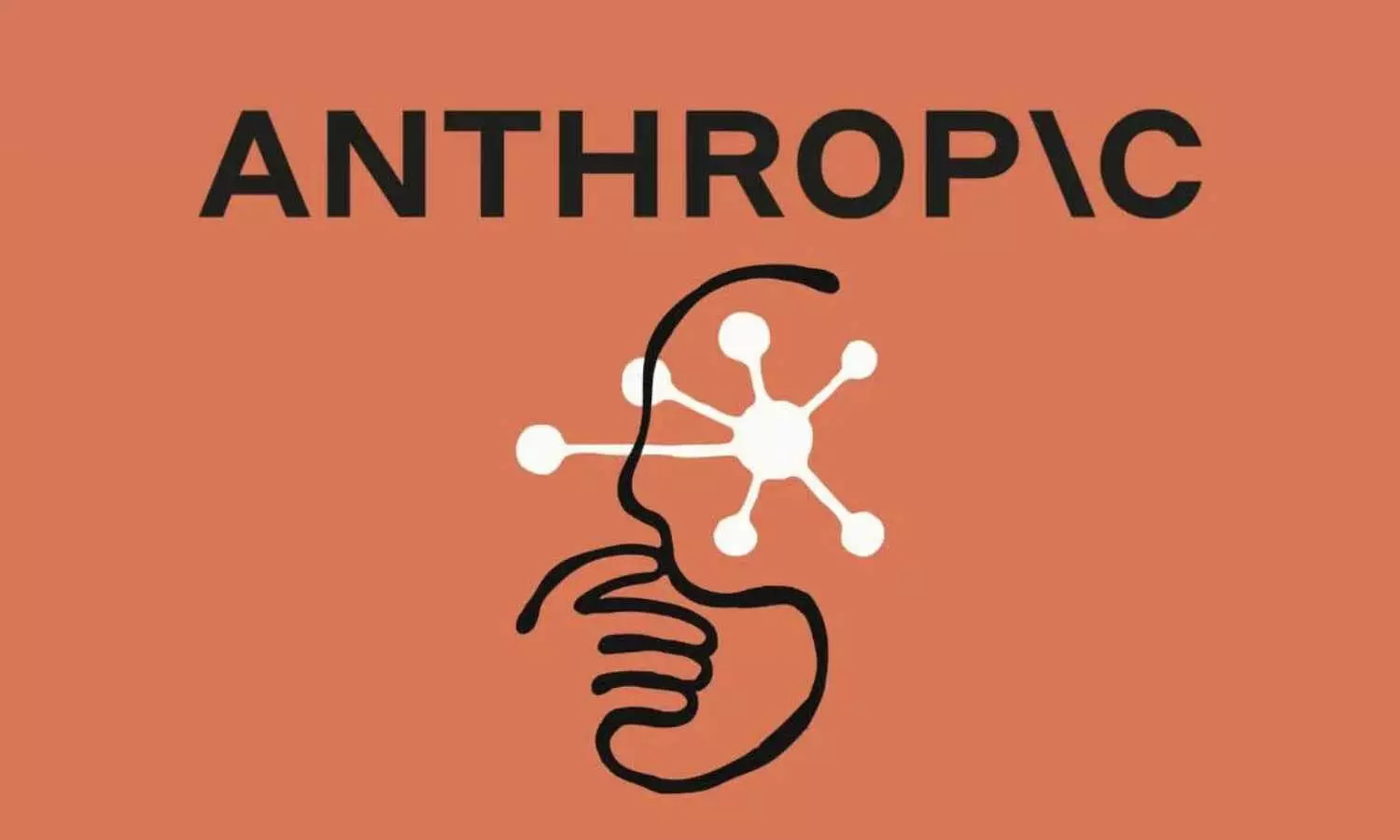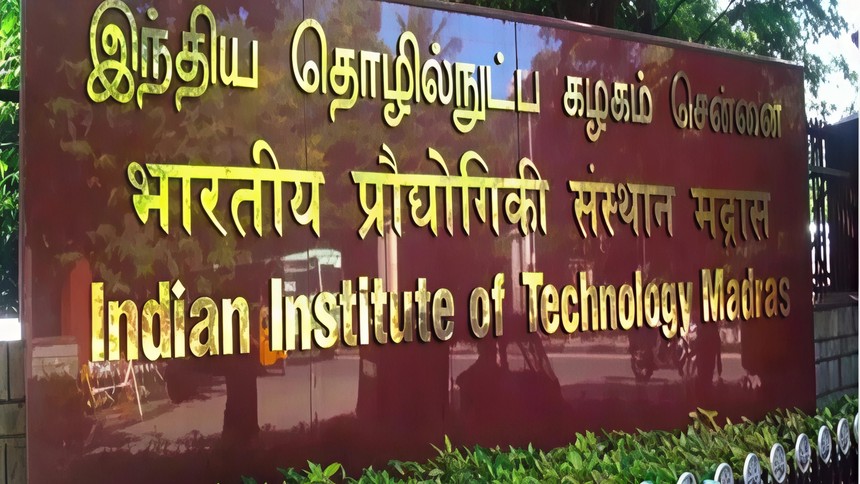If you wanted a clean signal that India has moved from interesting to essential in the global AI map, you just got it. A leading frontier AI lab announced that it will open a Bengaluru office in early 2026. This will be its second outpost in the region after Tokyo and it comes with more than a ribbon cutting. The company says India is already one of its biggest consumer markets for its flagship model. Investors are listening. So are CIOs who have been waiting for a local presence before committing critical workflows to a new stack.
Why Bengaluru. It concentrates product talent, cloud partners, integrators and a community that ships prototypes over weekends and production systems by quarter end. A local office narrows three gaps. First, latency and reliability improve as regional infrastructure and partnerships deepen. Second, enterprise buyers get predictable support and procurement paths that match Indian compliance needs. Third, the ecosystem gets hands on education, evaluation events and safety workshops that turn hype into usable patterns.
The near term opportunities are obvious. Customer support copilots that work in Indian languages and respect domain guardrails. Sales assistants that fuse CRM data with policy compliant retrieval. Knowledge agents that can search internal stores and generate summaries with citations for audit. These are not novelty demos. They reduce cycle times and help teams handle spikes without adding headcount. A local team can adapt tone, fine tune tools for code mixed text and build integrations for popular Indian enterprise stacks.
Pricing and plans are the questions developers ask first. The company already offers free and paid access to its models in India. In the months ahead, watch for consolidated billing in local currency and credits tied to hack nights and accelerator cohorts. Expect SDKs and frameworks that make it easier to compose agents with tool use and to monitor them with evaluation datasets. If the Tokyo playbook is any guide, the India office will push best practices for safety along with speed, including ways to keep prompts and data in region when required by policy.
The bigger story is competition. India now hosts a crowded field of AI offerings across consumer and enterprise. For teams choosing a stack, the decision will not be only about benchmarks. It will be about how quickly your legal and security teams bless a tool, how easy it is to deploy behind your firewall, and how robust the red teaming and policy features are when a regulator asks for proof. Local presence helps tick those boxes. It also helps close talent. Prompt engineers, applied researchers and partner managers who understand both Indian languages and enterprise politics are scarce. Hiring them in Bengaluru is the right move.
There is a community responsibility angle here. As the tools get faster and friendlier, it becomes easy to ship agents that do dangerous things by accident. A strong India office can model the right behavior. Safety by design. Clear disclaimers. Abuse reporting. Assistants that refuse sensitive requests. Collaborations with universities that research bias in local data and suggest mitigation. The moment calls for that maturity and the best global players know it.
If you are a startup founder, this is your to do list. Pick one painful workflow and build a boring but reliable agent that saves somebody an hour a day. Wire it to exactly one internal system. Add evaluation sets that check for truth, policy compliance and hallucination. If it works for one team, scale to five. If you are an enterprise leader, start a procurement lane for AI experiments with clear risk flags and a short path to production when proof turns real.
The macro view is easy to summarize. India does not want to consume AI features forever. It wants to build and export. A Bengaluru office with an ambitious mandate is fuel for that shift. Expect a year of hackathons, policy roundtables and pilot projects that move agents from conversation to action. The excitement is justified. So is the call for responsible guardrails. Good things happen when both show up in the same room.
Follow Tech Moves on Instagram and Facebook for hands on agent blueprints, evaluation templates and policy explainers you can send to your compliance team.














